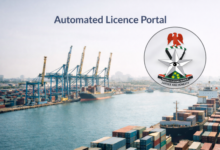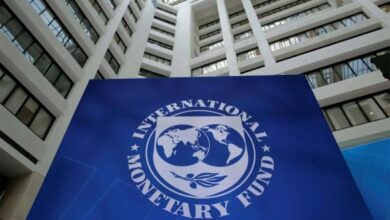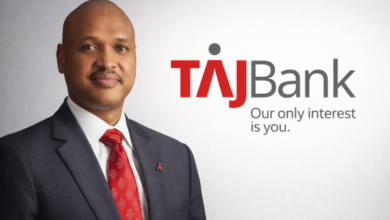In October 2013, The Federal Executive Council announced that it had approved a new Automotive Industrial Policy Development Plan for the development of the Nigerian automotive industry. This was disclosed by the Minister of Trade and Investment, Olusegun Aganga, in the company of the Minister of Information, Labaran Maku, and the FCT minister Bala Mohammed.
Mr. Aganga explained that the highlights of the new policy include the establishment of three automotive clusters in Lagos/Ogun; Kaduna/Kano; and Anambra/Enugu states to share resources and reduce cost of investments, the development and revival of the petrochemical and metal/steel sectors and the tyre manufacturing industry to support the automotive sector.
New policy tariff regimes have been set to discourage the importation of cars and encourage local manufacturing while government will continue to take the lead in the patronage of locally made vehicles. Mr. Aganga concluded that Council approved that the policy should be backed by appropriate legislation to give comfort to investors that there will be no abrupt change in policy.
This should ordinarily be a piece of news to cheer about but the timelines and reality of the implementation of the new policy has sent tremulous spasms of panic and angst down the spines of critical stakeholders.
As it has become typical of this administration, it would appear that due consultations with core stakeholders in the automotive industry value chain including the teeming auto users and future users were clearly left out in the formulation of this all too important policy. The first set of people to be up in arms over the decision to increase the custom duty payable by importers of used and new cars by a mind-boggling 700% is to say the last preposterous are a group of auto importers. The group which included Coscharis, Elizade and Globe Motors among others alleged that a certain competing auto importer with Indian ownership obviously had insider information of this new policy on outrageous tariff which was to take effect a mere 3 months after the announcement. The allegation continued that with benefit of the insider information, the said competition had gone ahead to order an unprecedented 20, 000 units of vehicles. This is indeed sad!
Only recently The Association of Freight Forwarders protested the new tariff regime which they said would imperil their businesses and render tens of thousands jobless in the import trade as well as in their field. Because of the astronomical tariff increase, they believe Nigeria’s loss will be the gains of neighboring countries as importers will divert their cars to Cotonou and Lome while smuggling of the cars into Nigeria will become huge business.
While BRANDPOWER commends the President Goodluck Jonathan administration on its noble goal to encourage local manufacture of cars and indeed all other consumer goods, we must be quick to say that such policies must be guided by a clear understanding of the immediate, short-term and long-term consequences of the policy. For one, there are many other areas where backward integration is even more urgently required. It is a scandal, for instance, that Nigeria still imports petroleum products at great costs just as it is a scandal that despite the fertile lands that bestride the geography of Nigeria we are still net importers (at unbelievable costs) of rice, wheat, sugar and even tomato paste. These areas require even more urgent intervention and support of local farmers and manufacturers who are on ground with men, resources, factories and machinery that can effectively feed and provide exports in a space of 3 years. The auto industry is a lot more complex and presently even existing auto assembly plants are outdated and require huge capital outlay to upgrade to newer technology to be able to stay competitive. It would however take years even decades for Nigeria to attain self-sufficiency in auto consumption despite whatever assurances some of those who have the President’s ears may have told him
On the other hand, the basis of the emerging middle class in Nigeria among other elements is their access to affordableprivate transportation. This new tariff structure if strictly applied will put the cost of cars well beyond the reach of the average Nigerian plus local manufacturers even with the best of intentions and effort will not be able to meet even up to 25 percent of the country’s auto needs 5 years from now. Any claim to the contrary is not etched in reality as for example, a viable steel industry is one of the pillars for the business but the steel industry in Nigeria is performing at sub-optimal level. The tyre manufacturing industry is yet another pillar for success in the auto business but the two major tyre manufacturers in Nigeria have since closed shops and become importers of their hitherto produced brands from their mother companies.
From the foregoing, it is advisable that government does a critical review of the new automotive industry policy with input from all critical stakeholders so that realistic timelines and targets are set. On a lighter note the Presidents risks the possibility of a massive protest vote if in addition to not fixing the power challenges, the citizens are also faced with the spectra of needlessly being denied access to private transportation in 2014.














